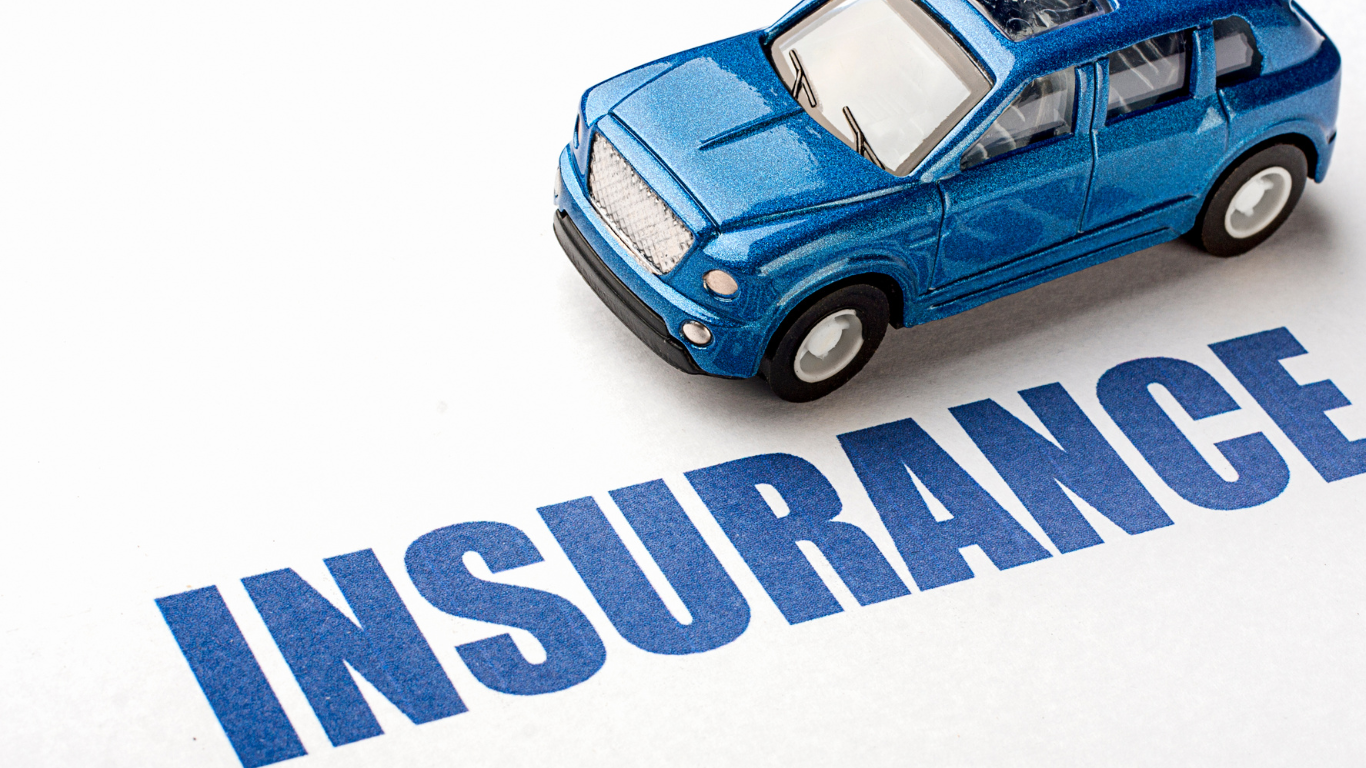Does Car Insurance Cover Mechanical Issues Repair Cost?
Regrettably, you’ll virtually always have to pay for this technical repair if your automobile needs it. Your basic auto insurance coverage only covers damage caused by accidents; it does not cover natural wear and tear or mechanical breakdown. Nonetheless, a number of major insurance companies do offer mechanical breakdown insurance, which covers repairs for problems after the manufacturer’s guarantee expires.
Which technical issues doe’s auto insurance cover?
If they are related to an insured event, some mechanical problems are covered by your comprehensive and collision auto insurance. These are a few examples of common mechanical problems and when insurance might be appropriate:
• Auto accident
• Mechanical problems after a collision
• Accident with an Animal • Vehicle breakdown
Insurance for mechanical breakdowns
Similar to a car warranty, mechanical breakdown insurance covers repairs in the event that your car malfunctions, requires replacement parts, or experiences other technical problems. Adding mechanical breakdown or car repair insurance to your auto insurance policy can strengthen your coverage. You might have to pay less for unforeseen vehicle maintenance if you have mechanical breakdown insurance.
Does mechanical breakdown insurance cover mechanical issues?
Mechanical breakdown insurance covers failures and defects in your car’s components and systems. Your policy might normally be found in one of two formats.
1. Some insurance policies will make it clear which parts and functions of your car they cover.
2. Other policies might cover all systems and components besides those that are expressly prohibited.
Your mechanical breakdown insurance policy may cover the following systems and components:
• Engine
• Problems in the steering
• Supply of fuel
• Transmission difficulties
• A failed brake system
Does auto insurance cover engine repairs?
Consider the circumstance when you have automobile insurance and are involved in a traffic accident. Any harm your car’s engine experiences in an accident will be covered by your vehicle insurance policy. You could submit a car insurance claim for engine failure in this situation.
But, if the engine of your car is damaged as a result of your negligence or any regular wear and tear from driving it over time, your auto insurance will not pay out. Also, your insurance claim will not cover any mechanical problems with your car’s engine.
Thus, in the following situations do car insurance cover engine repairs:
• Engine failure brought on by auto accidents
If an automotive engine burns, your car is stolen, and the engine is destroyed.
Does car insurance cover wear and tear?
Any repairs that are required as a result of routine vehicle maintenance are referred to as wear and tear repairs. Simply put, when automobiles age and gradually degrade, they need maintenance. Does your auto insurance cover wear and tear repairs when your check engine light comes on?
• Auto mishap: Regrettably, you’ll probably have to pay for whatever is wrong with your car out of your own money. Whether it’s the minimum liability required by law or even more comprehensive plans like collision or comprehensive, regular insurance cover usually does not include fees for routine maintenance or “wear and tear” related charges.
• Engine problems after a collision: If your car has engine problems after a collision and your mechanic can prove that the collision is to cause, your vehicle insurance could be able to cover the costs of repairs.
• Collision with an Animal: If you hit a deer, dog, horse, or any other animal and the front of your car sustains mechanical damage, your comprehensive insurance might cover the cost of repairs.
• Car breakdown: Whether you’re traveling or heading to work, auto insurance frequently does not cover problems in vehicles that are unconnected to occurrences that are covered. Your auto warranty may cover particular parts for a defined length of time, or you may get more comprehensive mechanical breakdown insurance.
Does gap insurance cover mechanical issues?
The short answer is no, gap insurance does not cover mechanical issues like a seized engine or damaged transmission.
Gap insurance will cover the difference if your car is stolen or totaled in an accident.
It makes fair to anticipate that, in the event of an engine blowout or other catastrophic failure, you might be able to file a claim with your gap insurance, especially if the cost of a significant repair surpasses the worth of your car.
Gap insurance, however, only applies when a specific event, such as a collision, causes the damage. No matter how serious the problem, you won’t be able to file a claim if your car’s engine simply stops working.
Auto insurance: Does it cover non-accident repairs?
To respond quickly, yes. Auto insurance companies cover specific non-accident repairs under comprehensive car insurance.
The following is a list of situations that comprehensive insurance does not cover:
• Animal damage
• Fire damage
• Damage from vehicle theft •
• Natural calamities (storms, hail, and flooding)
• Falling objects
All of these events qualify as non-accidents. Random occurrences, theft, and vandalism are intentional crimes, whereas natural calamities are unavoidable.
Any repairs that are required as a result of one or more of these events will be covered by your auto insurance company. based on how the harm was caused. If you have comprehensive insurance, your auto insurance company will cover any damage brought on by accidents that don’t involve a collision.
Do “full age” insurance policies cover engine damage?
The unofficial term “full coverage” has no official definition, and there is no agreement on what it entails. In addition to the minimum liability cover age required by your state, it typically refers to getting comprehensive and collision insurance. Your auto insurance policy will not cover a damaged or blown engine, though, if the issue is unconnected to a covered catastrophe. That is why mechanical breakdown insurance exists.
Does a car warranty cover mechanical issues?
When a manufacturer offers a guarantee, the corporation promises that the car won’t have any problems for a set amount of time. Nonetheless, the manufacturer will frequently replace or repair the parts at no additional cost if a problem or malfunction arises during the specified time.
Fundamentally, a car warranty will cover you and your car if it breaks down or malfunctions on its own, without your fault or the fault of others. Car warranties frequently cover the mechanical and electrical systems of your vehicle. For instance, auto warranties may cover the engine, gearbox, or safety equipment like airbags and seat belts.



